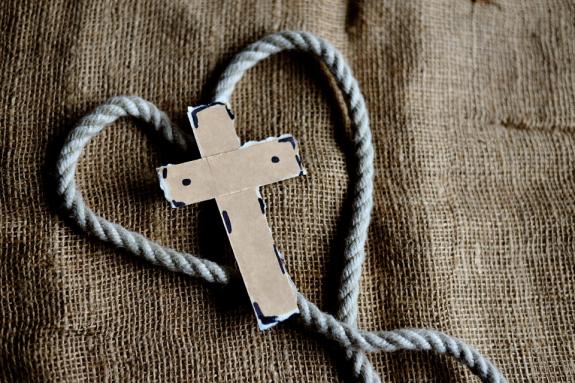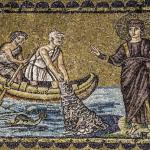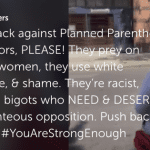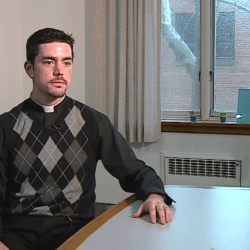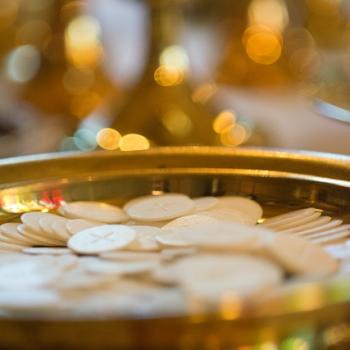From the Rev. Joshua Whitfield in The Dallas Morning News, wrestling with questions for which there are no easy answers:
My uncle took my father’s place when my parents divorced.
I was nine when my mom’s younger brother filled the paternal gap. In those poor, stressful, single-parent years, he was our strength. He was a young man, bright and full of life, a gay man and HIV-positive. I loved him deeply because he was there when I needed him. That is, until he died, not yet 30.
His death came at the advent of my adolescence. It was the end of my childish faith. In a few years as a teenager I would renounce Christianity. Living in a small town, I was turned off by what I saw pass for Christianity. It was, I felt, little more than bigotry. Homophobia was only part of it; it belonged to a larger backwardness. If that was Christianity, I thought, I’ll have none of it. To me, it was ugliness, enemy of the love I had known.
In time, I rediscovered my faith. An intellectual journey, theological too, I rejected the phenomena of Christians and instead explored Christianity itself. Instead of listening to Christians, I read the texts: the Bible, early fathers and mothers of Christianity, history, philosophy. That’s what converted me and in the long run made me a Catholic. I found Christianity beautiful once I really saw it.
My uncle was beautiful too, and a Christian. How to make sense of it, holding together my traditional faith, my orthodoxy and Catholicism, and the experience of my gay uncle’s love? It’s one of the fundamental questions of my life, a tension that remains. For me, for whom only fully theological Christianity inspires anything like faith: How do I keep that faith and remain open to the goodness of people whose lives don’t fit the Catholic moral and theological mold? Can I be a traditional Christian and remain, for instance, in open charity to the experiences of others, especially those in the LGBTQ community? Is such even possible with any sort of integrity?
I think the answer here is that we must accept there are no easy answers, that things don’t fit, that some things in life we may never resolve or understand. I think the answer is that I must learn to live the truth that I don’t know, humbly accepting the possibility I may never know, and that knowing isn’t what matters most.

